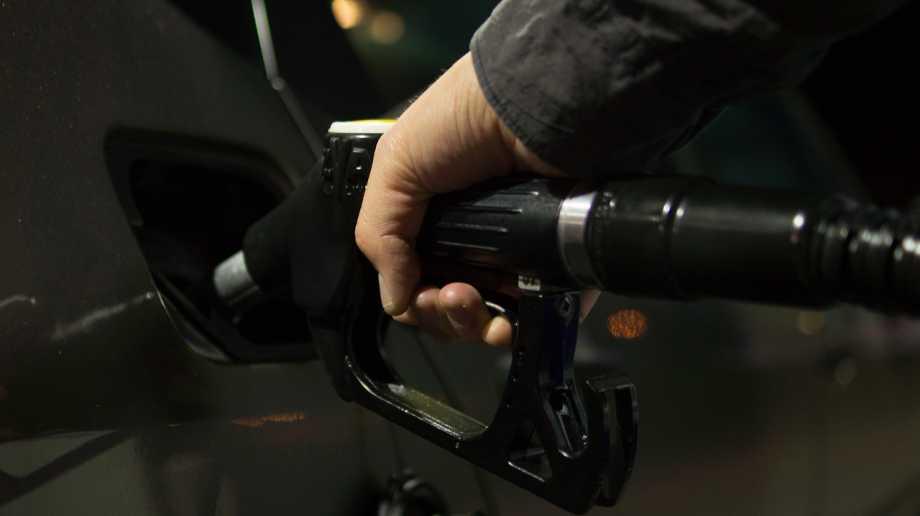Diesel fuel sales have dropped the most in London compared to the rest of the UK, new analysis has found.
Sales fell nearly 40 per cent over the past four years with other regions only managing a decline of 20 per cent.
Transport and Environment (T&E) UK said this demonstrates that the Ultra Low Emissions Zone (ULEZ) not only has positive air pollution impacts, but also improves energy security and trade deficit.
As a result, T&E UK, which analysed Department for Energy Security and Net Zero statistics, is calling for other regions across the UK to introduce clean air measures and, at a national level, rules specifically targeted at reducing diesel be considered.
Oliver Lord, UK head of the Clean Cities Campaign, said: “We’ve known for years that diesel fumes are ruining our lives so it’s inspiring to see this change in London, but the bottom line is we won’t breathe freely until diesel engines are ditched for good.
"With the right commitment, coordination and leadership from all levels of government our cities can be almost free of diesel by 2030, but only when coupled with the support to make that happen and especially for small businesses.”
In 2019, London introduced ULEZ which charges older, more polluting cars a fee to enter the city.
The decline in the sale of diesel fuel has had a marked impact on air pollution – which the government has called the “largest environmental risk to public health”.
A new map of London and the changes in nitrous oxide levels on its roads between 2021 and 2022 shows marked improvements across the board.
By replicating low emissions zones in cities throughout the country, T&E UK said it could further secure the UK’s energy.
Sheffield, Liverpool, and Greater Manchester all have nitrous oxide emissions that are beyond legal limits.
Introducing clean air zone measures in these areas could not only have a positive impact on residents’ health, but would also enhance the UK’s energy security.
At the very least clean air zones need to be recognised as not only beneficial to people’s health, but also making a marked, positive difference to UK energy and trade dynamics, T&E UK added.
Matt Finch, UK policy manager at T&E UK, said: “Regardless of the impact of the ULEZ on air pollution, this data shows the remarkable impact clean air zones can have on energy and trade.
"Diesel is another dirty fossil fuel that the UK has found itself reliant on imports for, often from countries with undemocratic Governments that have poor human rights records. The smart move would be to follow London’s lead, stop burning imported dirty diesel and switch to using clean British electrons as quickly as possible.”




